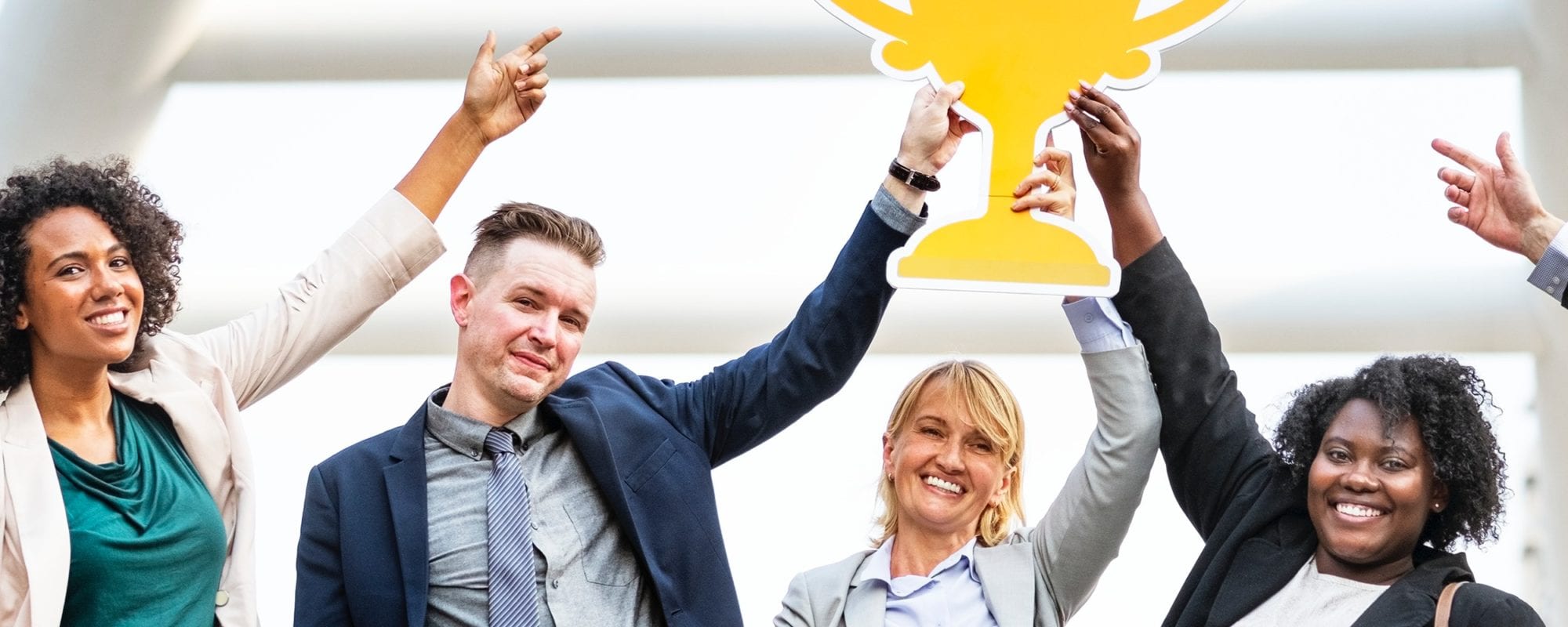Why feel-good, low-impact ‘gold star’ student projects will result in a more cynical, jaded, indifferent generation.
In a rural town in Manitoba, I discussed a student-led volleyball tournament fundraiser for the local children’s hospital with students in my workshop. Four student leaders told me they spent an hour per week of class time to plan the fundraiser. We did an audit of total time and money. Four students collectively spent 100 hours to plan the tournament and additional volunteers would collectively put in another 500 hours, totalling 600 hours.
My equation for a fundraiser?
Total hours spent on fundraiser x minimum wage of province = minimum viable product
600 hours x $11.35 = $6,810
At least $6,810 would need to be raised for it to ‘break even’. Otherwise, they should get a part-time job, provide valuable service for the community through their labour, and donate all the money. The larger point is clear: time has value.
We have a culture in high schools where we celebrate anything students do as long as it is well-intended regardless of its results. In fact, we don’t even measure the results. How can we know what we have achieved if we don’t even measure our results? We overinflate impact; we think we’re making a lot of difference; we continue doing it for years because it ‘feels good’, but here’s the result: The problems in the community don’t go away. They’re still there, even though we think we’re doing so much.
We conclude everyone else must be the problem, or these problems are unfixable. We become jaded, indifferent, cynical. We don’t realize: we are part of the problem.
The solution? Develop tangible and employable skills in students. Identify their passion. Identify their community’s passion. Conduct a cost-benefit analysis of the options. Make scalable projections of potential impact of those options. Implement the most cost-effective, impactful solutions. Measure and evaluate impact.
We expect this of any other field, but for the ‘do-gooders’, no one wants to apply sensible critical thinking, because it’s so mean to provide uninvited analysis and evaluation of the hard work of well-meaning young people.
This needs to change. If we took the time of young people seriously, analysis and evaluation of impact would not be considered personal attacks, but an act of love to collectively achieve our generation’s mission to create the kind of future we want.
The students looked at the number of hours going into the fundraiser, and they were quite surprised. They started to rethink whether this was really the best way to improve the welfare of families who are struggling as their children are in the hospital. They started asking: Can we get more people to come out? Can we do something else at the fundraiser to increase impact? Can we do this in more schools to scale the impact?
These are the kind of questions that will empower, engage, and equip a generation that will, in turn, create the kind of future we want.

